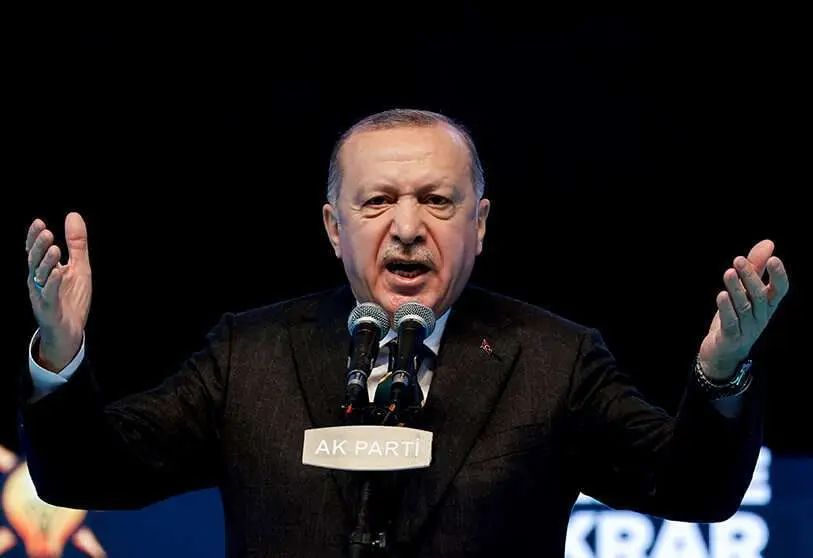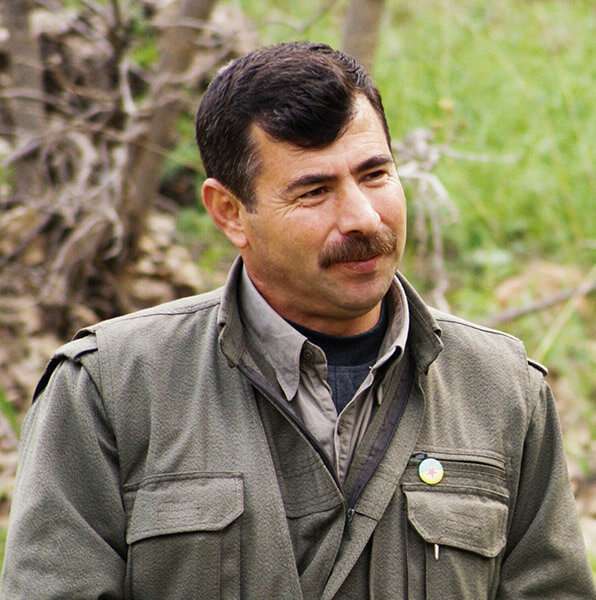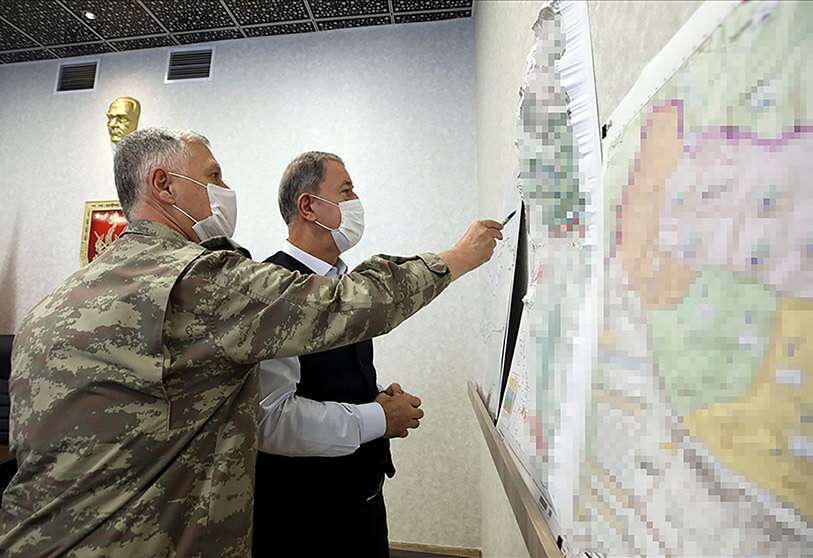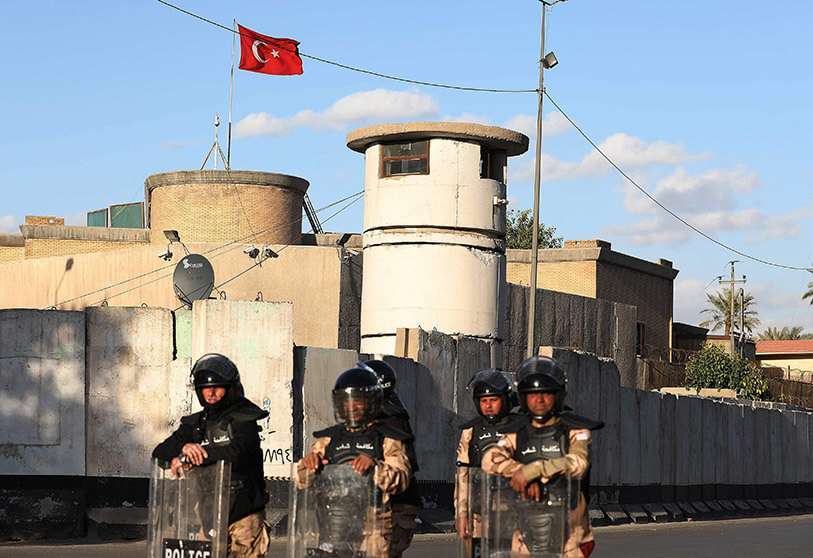Erdogan announces assassination of top Kurdish leader in northern Iraq

Turkish President Recep Tayipp Erdogan announced on Monday that the general officer of the Kurdistan Workers' Party (PKK) in neighbouring Syria had been killed. The senior PKK commander, codenamed Sofi Nurettin, was "neutralised" during Operation Claw Lightning, launched by the Ottoman army on 8 May in northern Iraq.
The manoeuvre, carried out jointly by the Turkish intelligence service and the armed forces, is part of Turkey's multiple air offensives and cross-border attacks into northern Iraq to destroy the rear bases of the PKK, which Ankara considers to be a "terrorist" organisation.
Halef El Muhammed, better known as Sofi Nurettin, was one of the ringleaders of the organisation and one of the most influential figures in the PKK's organisational structure. However, his area of influence was focused in Syria and not in Iraq, where he would have been executed. Nurettin was "the man who designed the PKK in Syria" and directed all the organisation's operations there, according to local media.

"Nurettin's activities, both in the Kurdistan Region and in Syria, confirm Turkey's accusation that Kurdish organisations in northeastern Syria are part of the PKK," Erdogan said. "The situation of Sofi Nurettin (...) revealed that it is impossible to deny the fact that the PKK/KCK [the PKK's political wing] and the PYD [Democratic Union Party] / YPG [People's Protection Units] are the same organisation."
The Turkish president revealed the assassination of the senior PKK commander in a televised appearance after the Council of Ministers. During the statement, Erdogan accused Nurettin of being behind the execution of 13 Turkish hostages, including military and police officers, during a failed operation in January to free them in the Gara mountain, located some 50 kilometres northeast of Duhok.
Last April, the Turkish armed forces launched operations Claw Lightning and Claw Thunderbolt against the PKK also in the Duhok region, a few kilometres from the Iraqi-Turkish border. Erdogan's priority objective is the establishment of a Turkish military base to block PKK activity in the area and to shield Turkey from possible incursions by the organisation, which is being pursued by Ankara.
The Ottoman authorities have counted the deaths of nine soldiers since the beginning of the operations, while the PKK claims to have lost 18 fighters. For the moment, the Kurdish organisation has not commented on the assassination of its general officer in Syria, Sofi Nurettin.

Since the start of hostilities in 2015, when the two-and-a-half-year ceasefire between Turkey and the PKK broke down, more than 5,732 people have been killed, including Turkish soldiers, PKK militants and civilians, according to the latest count by the International Crisis Group. The vast majority of these fatalities, some 600, were among the ranks of the Kurdish organisation.
In a situation of constant clashes and insecurity, the Iraqi Kurdistan Regional Government (KRG) has described the PKK's presence in Sinjar, a town in northeastern Iraq, as unacceptable and has urged the militants to leave the area.
The Turkish government's harassment of the Kurds is not only taking place outside the country's borders, but also inside the country as a result of the institutions' continued singling out of the minority. This explains the numerous violent episodes against the Kurdish population living in Iraq.

Turkish interference on Iraqi soil has been the subject of tensions between the two sides. In early May, the Iraqi Foreign Ministry issued a note of protest over 'violations of Iraqi sovereignty' arising from Turkish Defence Minister Hulusi Akar's 1 May visit to a Turkish military base in Iraqi Kurdistan accompanied by Turkish Chief of General Staff General Yasar Guler and Ground Forces Commander Umit Dundar.
Turkey responded to the letter by stating that it fully respects Iraq's sovereignty and territorial integrity, but stressed the importance of carrying out the operations, as they are in line with efforts to eradicate PKK rebels. Experts suggest that Baghdad's reaction is intended to assert the authority of Iraqi Prime Minister Mustafa al-Kadhimi and is unlikely to curb Turkey's activities.
Turkey has also launched several counter-terrorism operations in northern Syria, another focus of its fight against the PKK, with the aim of preventing the formation of a terror corridor and allowing the peaceful settlement of residents.
Given the PKK's weakness in Turkey and northern Iraq, groups linked to the Kurdish organisation have chosen to focus their attacks on Turkish forces and their allies in the Syrian National Army in the large swathe of Turkish-occupied territory in northern Syria, where they also transgress sovereignty, especially in the Kurdish-majority enclave of Afrin.








